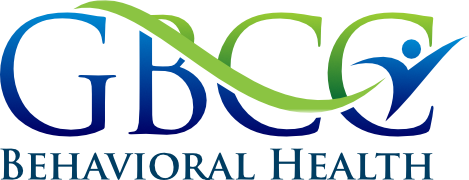April is National Counseling Awareness Month!
April is National Counseling Awareness Month. This time is set aside to not only honor those professionals who do the work, but to help people understand what counseling is and how it can benefit them. There are lots of benefits to going to counseling and yet some people still do not reach out. So let’s talk some basic facts. What do you know about counseling?
What is the difference between a counselor, a social worker a psychologist, and a psychiatrist?
Each of these professionals provide some form of counseling and differ just slightly in their training and/or amount of time they spent in their training program:
Licensed Psychologist (Ph.D. or Psy.D.): Doctorate in Psychology; 4-5 years of school and at least 1-2 years of post-doctoral experience providing counseling and/or psychological testing.
Licensed Clinical Professional Counselor (LCPC): Master’s in Counseling and minimum two years post masters providing counseling.
Licensed Certified Social Worker – Clinical (LCSW-C): Master’s in Social Work and minimum two years post masters providing counseling or clinical social work.
Psychiatrist (M.D.): Medical Doctor with specialization in psychiatry; often prescribes medication. Psychologists, Counselors, and Social Workers cannot prescribe medication.
What is counseling?
A collaboration between a professional and a client to work towards a common goal of relieving stress or lack of coping by addressing problems that often relate or influence relationships, work, or other areas of functioning.
I thought only crazy people needed counseling…
Counseling is still very stigmatized in our society but the truth is that most people at any given point in their lives can benefit from having someone that is not their family or friends to help with a problem.
How does it work?
In general, you meet with us once a week and talk about some of the problems on your mind. We will listen to you and work with you to find out what is going on and how to best help you. Many people feel anxious or worried about coming to counseling for the first time. This is normal. The important part is to remember that we are here to help and not to judge.
These are just some basic facts. If you’d like more information, Check out this fact sheet published by the American Counseling Association.
If you were thinking about going to counseling, there is no time like the present. We’re ready to support you!
submitted by: Steven Plummer, LCPC
